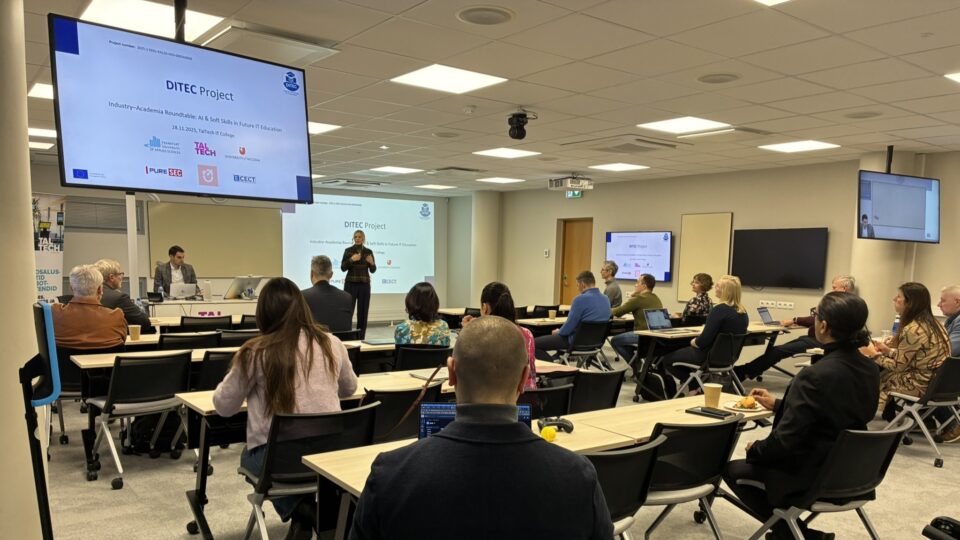Tanel Tammet, a tenured full professor at TalTech’s Institute of Software Science, reassured that panic is unnecessary. He believes China primarily focuses on creating hidden access points and collecting data.
However, Tammet pointed out a key concern: “China’s cyber activities could directly extend to other countries. For instance, if cooperation between Russia and China deepens, Russia could start benefiting from China’s collected data – adding an extra layer of significance to this issue.”
Is your Chinese robotic vacuum cleaner spying on you?
Chinese technology is a daily reality for many businesses and individuals. Routers, security cameras, and cloud services are widely used, often making it difficult to determine which components originate from China. Tanel Tammet emphasizes greater caution in critical infrastructure, such as telecommunications systems. For regular businesses, risks are well known – security cameras can be hacked and exploited for malicious purposes.
Public concern is growing over data collection through TikTok and Chinese electric vehicles. According to Tammet, cyber threats at the state level are serious, but for the average person, the risk is minimal – targeted surveillance is more likely for individuals in key positions. The most significant threats for regular consumers are cyber fraud, password leaks, and account takeovers, risks not exclusive to China.
The RIA cybersecurity report claims that even Chinese-made air fryers or robot vacuums could send data to Chinese servers. Tammet explains that if a device transfers data to a Chinese server, the government has the legal right to access that data. However, consumer data is usually of little value to China, making this less of a real-world concern, according to Tammet.

According to Tanel Tammet, cyber threats are a serious concern at the national level, but for ordinary individuals, the risk is low, as targeted surveillance is usually directed at those in key positions. Photo: Pexels
Don’t trust blindly – check your device’s security
According to Tanel Tammet, China isn’t the only country collecting data – he believes Russia poses a much greater cybersecurity threat to Estonia.
To minimize risks, Tammet advises users to investigate their devices –check if passwords can be changed and look for potential security risks. “By googling relevant keywords like ‘security,’ you can get an idea of potential threats, especially if a device has known vulnerabilities,” he suggests.
Tammet’s cybersecurity recommendations:
- Check your devices: change passwords and review security settings to reduce the risk of device takeovers.
- Monitor data flows: when using Chinese apps or devices, be aware that data may be sent to Chinese servers.
- Avoid sharing sensitive information: if you have access to confidential data, it’s best to avoid Chinese devices altogether.
- Stay alert to cyber fraud: data leaks can lead to phishing emails and scam calls that appear to come from official sources.
“There’s no need to panic, but it’s essential to stay informed and follow basic cybersecurity principles. Common sense helps avoid major risks.”
Cyber threats are real, but no need for panic
According to Tanel Tammet, China’s technological influence is set to grow, as the country continues to drive innovation and high-tech advancements. “China is no longer just a producer of cheap goods but a global leader in drones, artificial intelligence, and other advanced technologies.”
The rapidly aging population in China is also fueling greater investment in automation and high-tech solutions, meaning China’s role in global technology will continue to expand.
In conclusion, Tammet emphasized that while Chinese cyber threats are a real issue, ordinary consumers and businesses have little reason to worry. However, those handling critical infrastructure and sensitive data should exercise greater caution.




